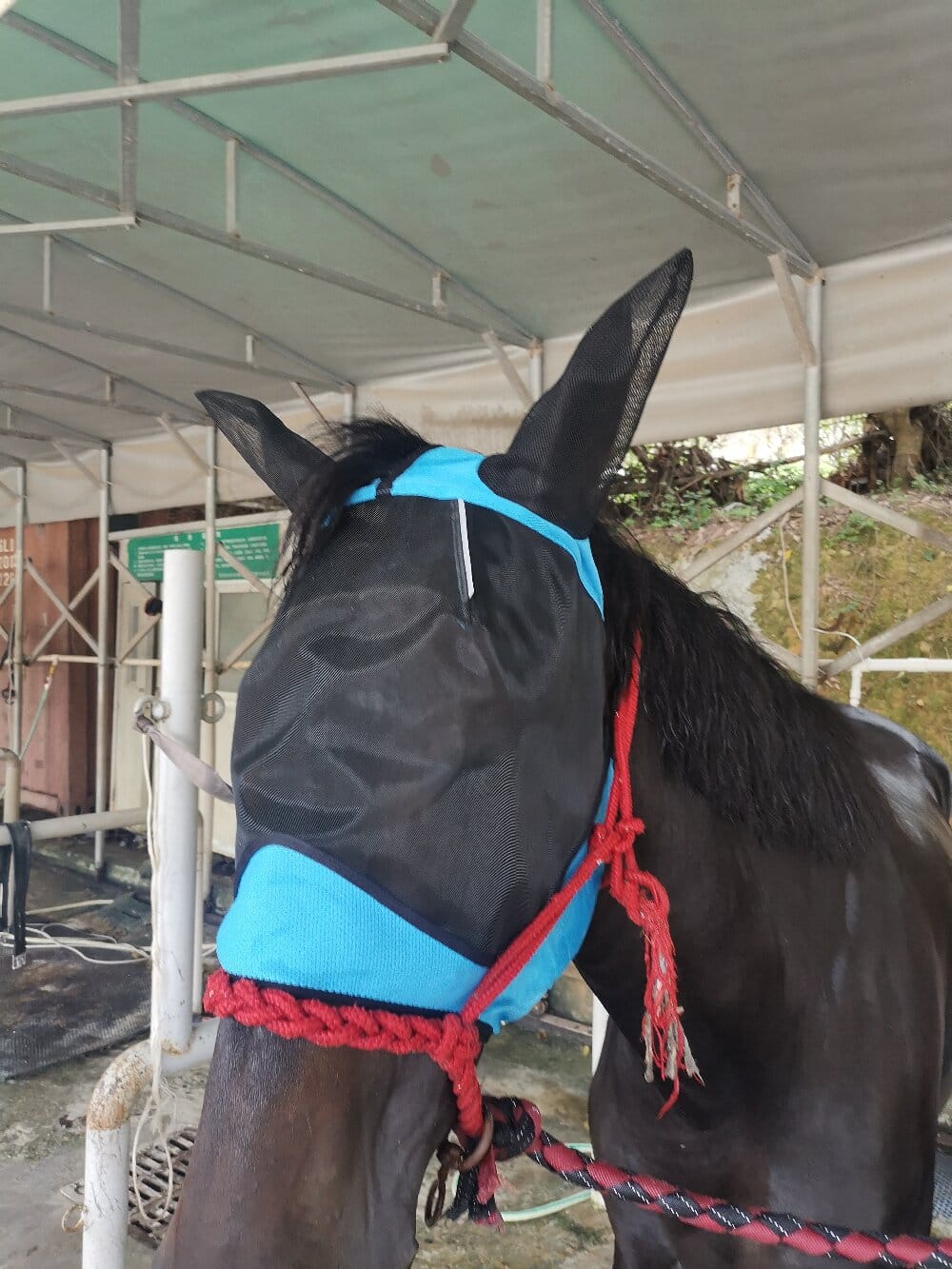If you own a horse, you’ve likely heard of a horse fly mask, but have you ever stopped to consider its true value? These protective coverings aren’t just accessories—they serve a critical purpose in safeguarding your horse’s eyes and face from pests, UV rays, and debris. But with so many options available, how do you know which one is right for your equine companion? Let’s break it down with a critical eye.
The Science Behind Horse Fly Masks
Fly masks are designed to protect horses from insects like flies, mosquitoes, and gnats, which can cause irritation, infections, and even diseases. But not all masks are created equal. Here’s what makes a high-quality fly mask effective:
- Breathable Fabric: Look for materials like mesh that allow airflow while keeping pests out.
- UV Protection: Some masks offer SPF to shield your horse’s eyes from harmful sun rays.
- Secure Fit: Adjustable straps prevent the mask from slipping or rubbing uncomfortably.
- Durability: Reinforced stitching ensures longevity, even with daily use.
Common Misconceptions About Fly Masks
Many horse owners assume that any fly mask will do, but this isn’t always the case. Let’s debunk a few myths:
- “All Masks Are the Same”: Cheaply made masks may lack UV protection or tear easily.
- “Horses Don’t Need Them in Shade”: Flies and debris can still be problematic, even in covered areas.
- “They’re Only for Summer”: Depending on your climate, pests can be active year-round.
Choosing the Right Fly Mask for Your Horse
Selecting the best horse fly mask requires careful consideration. Here’s how to make an informed decision:
- Assess Your Horse’s Needs: Does your horse have sensitive skin or allergies? Opt for hypoallergenic materials.
- Consider the Environment: If your horse spends long hours in direct sunlight, prioritize UV-blocking features.
- Check for Comfort: A poorly fitting mask can cause chafing. Test different sizes if necessary.
- Read Reviews: Other horse owners’ experiences can reveal durability and functionality issues.
Maintaining Your Horse’s Fly Mask
Even the best fly mask won’t last without proper care. Follow these tips to extend its lifespan:
- Clean Regularly: Rinse off dirt and sweat to prevent bacterial buildup.
- Inspect for Damage: Frayed edges or loose straps can compromise protection.
- Store Properly: Keep it in a dry, cool place to avoid mold or material degradation.
Final Thoughts: Is a Fly Mask Worth It?
After weighing the pros and cons, it’s clear that a horse fly mask is more than just a seasonal accessory—it’s a vital tool for your horse’s health and comfort. By choosing the right one and maintaining it properly, you’ll protect your equine friend from unnecessary stress and potential health risks. So, before dismissing it as an optional extra, ask yourself: can your horse afford to go without one?

